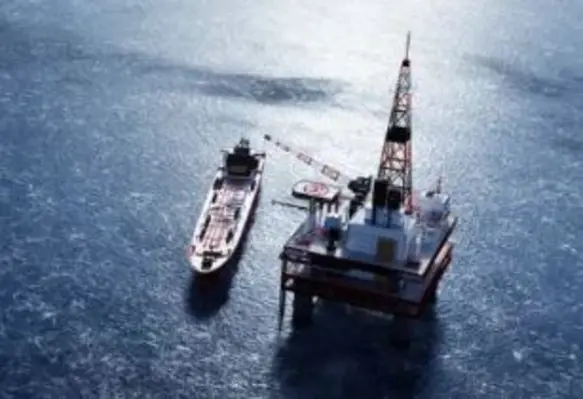Oil and gas companies must use the current cash flow windfall opportunity to speed up decarbonisation of their businesses, according to natural resources consultancy Wood Mackenzie’s report
Stakeholders are demanding greater accountability for carbon emissions along the value chain. Net zero Scope 1 and 2 emissions by 2050 are now the industry standard. Focus on Scope 3 emission reductions is coming – and will carry significant implications for corporate strategies and capital allocation.
Wood Mackenzie’s report, CO2mmit and CO2llaborate: Squaring the carbon circle for oil and gas, argues that with current prices leading to record free cash flow, the industry should seize the moment.
David Clark, vice-president, corporate research, said, “The sector has the chance to ‘do it all’ – return cash to shareholders, fortify balance sheets and accelerate corporate transformation.
“Many oil and gas companies willingly accept hedging costs in order to de-risk near-term cash flows. It’s time to hedge longer-term carbon risk with rising low-carbon investment.”
He added, “To build credibility, companies should lay out a clear financial framework for their energy transition. It should cover capital allocation between dividends, financing and investment in the legacy oil and gas businesses and low-carbon businesses.
“Frameworks will vary by company, circumstances and Scope 3 business model, but they should all have one thing in common: a quantified, credible, material and rising capital allocation to decarbonisation and low-carbon solutions.”
Tom Ellacott, senior vice-president, corporate research, said that qualifying low-carbon solutions would include investments in new low-carbon assets or technology that help decarbonise existing assets.
Ellacottsaid, “The 45 IOCs Wood Mackenzie Corporate Service tracks will generate a US$1 trillion cash windfall above planning and base cash flows if current prices, in a US$50-US$70/bbl (Brent) band, are sustained to 2030.
“Allocating 30% of operating cash flow to shareholders would boost collective distributions by more than 80% versus 2020. That still leaves room to expand capital budgets by one-third relative to current planning and our base case.
Clark commented, “Despite growing decarbonisation pressure from shareholders and governments, the market has continued to apply a premium rating to companies with strategies focused on oil and gas. As the climate-related risk ratchets up, this is simply not sustainable.
“Financial institutions’ understanding of climate risk is evolving rapidly and risk-adjusted valuations of oil and gas companies will evolve with it.”
While increasing investment in decarbonisation is a necessary step, broader and more creative collaboration across industry and with government and customers is also needed.
Ellacott further added, “A disunited, dismissive industry runs the risk of an accelerated wind-down and derating long before oil and gas demand disappears. A committed and collaborative response, in contrast, could transform IOCs into a credible part of the solution.”








